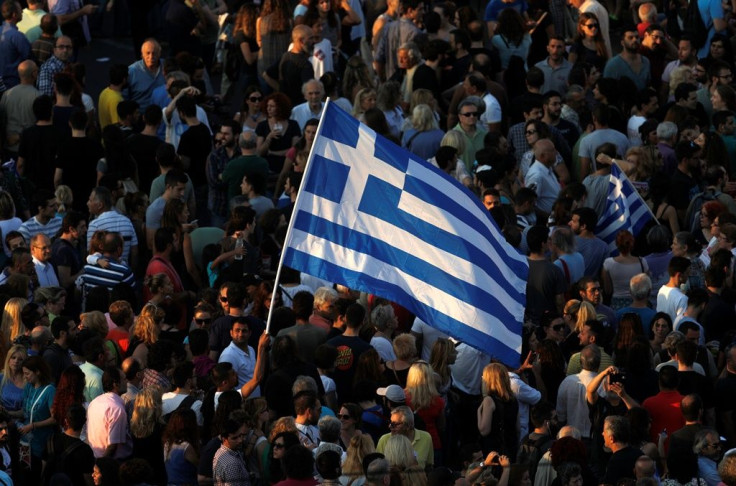Greece To Miss Deadline For Paying IMF 2.33 Billion, Vows To Take Legal Action Against Euro Exit

Greece is on the verge of missing a decisive debt repayment as the deadline for its international bailout approaches. The Greek government has to pay €1.6 billion (around AUD2.33 billion) to the International Monetary Fund by Tuesday, June 30.
The deadline for the payment to the IMF is 6 p.m. Washington time, which is 1 a.m. (July 1) in Greece. However, according to a government official, Greece will not be able to pay the AUD2.33 billion instalment.
If Greece fails to pay, it is going to be the first developed country in history to default to the Washington-based fund. Financially challenged nations like Zimbabwe, Somalia and Sudan have already on the list of countries in arrears.
Even though missing one instalment does not seem to be a big deal, some European leaders believe that it is a crucial factor in the ongoing crisis that may disrupt decades of European integration. They have also warned Greece that an exit from the European Union means it will have to go back to the drachma.
Anti-bailout protesters in Greece are asking for a no vote and blaming Greece’s creditors for blackmail. Meanwhile, Greece will keep its banks closed on Tuesday even though around 850 branches are expected to remain open for paying pensions, The Guardian reported. The European Central Bank rejected Greece’s request on Sunday. The Bank of Greece asked for €6 billion (around AUD 8.72 billion) in emergency funds.
Meanwhile, Greece said that it would take legal actions to prevent asphyxiation of its banking system and its expulsion from the Eurozone. Finance Minister Yanis Varoufakis said that Greece would take advantage of its legal rights.
“We are taking advice and will certainly consider an injunction at the European Court of Justice, Varoufakis told The Telegraph, “The EU treaties make no provision for euro exit and we refuse to accept it.” He added that Greece’s membership is “not negotiable.”
Jean-Claude Juncker, the European commission president, said that he had felt betrayed by Greece. He said that it was not right to “commit suicide” out of fear of dying. Greece has severely criticised his comment. The growing rate of suicides in the country is often related to cuts in pensions and wages.
Contact the writer: s.mukhopadhyay@ibtimes.com.au






